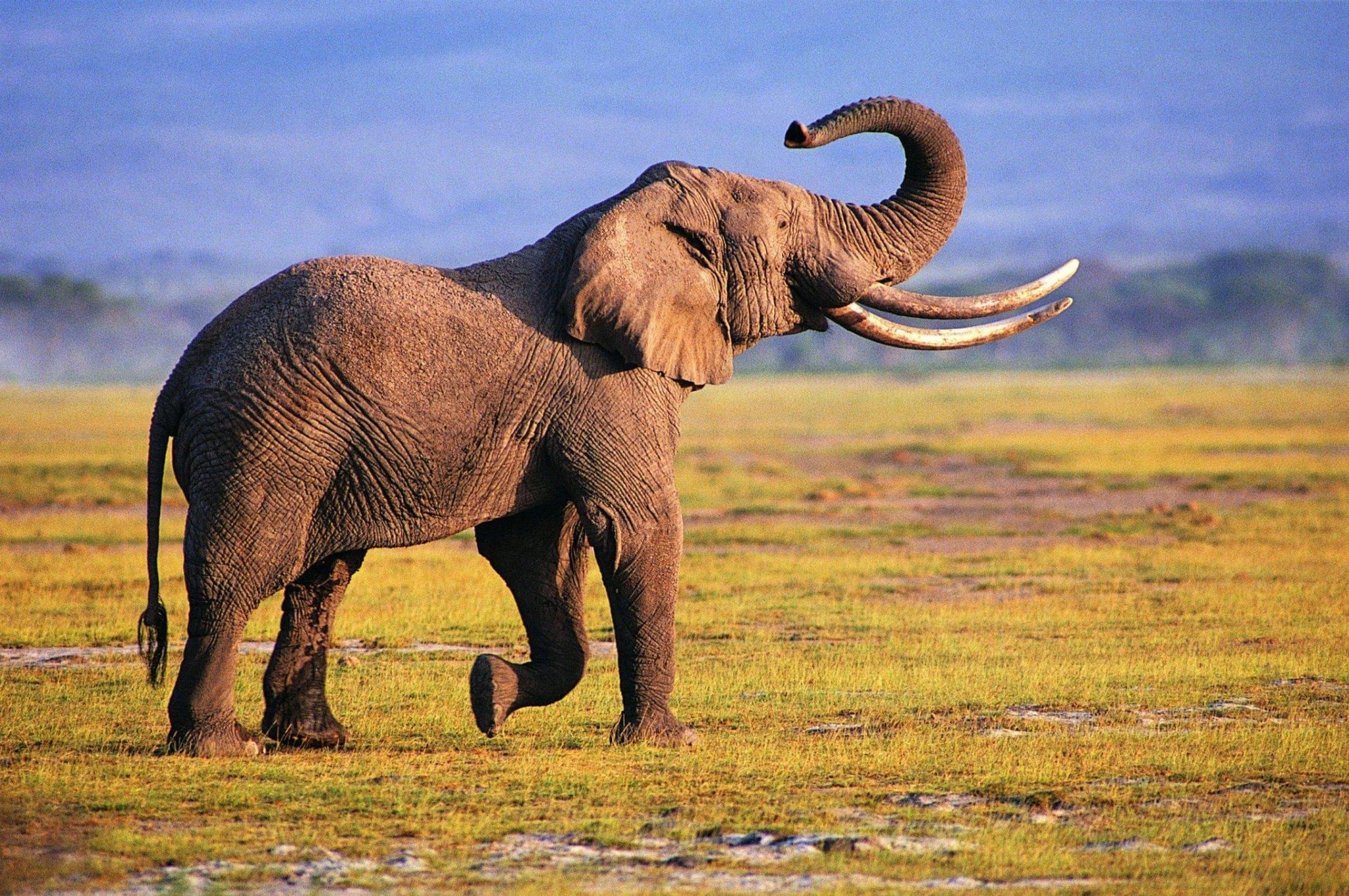Facing one of the worst droughts in 100 years, Namibia and Zimbabwe have resorted to killing hundreds of wild animals, including elephants, in an effort to alleviate the hunger and desperation caused by crop failures and livestock deaths. In August, Namibia announced a cull of 723 animals, including 83 elephants, while Zimbabwe authorized the slaughter of 200 elephants the following month. Both countries argue that reducing wildlife numbers will help relieve the pressure on scarce resources and prevent human-animal conflict. However, the decision has ignited fierce debate, with conservationists decrying the culls as cruel and ineffective, while some local supporters see them as necessary for survival.
A Crisis Driven by Drought and Climate Change
Southern Africa is grappling with severe drought conditions exacerbated by El Niño and the broader effects of climate change. Crops have failed, livestock has perished, and nearly 70 million people across the region are struggling with food insecurity. Both Namibia and Zimbabwe declared states of emergency earlier this year, with about half of Namibia’s population facing acute food shortages. The drought has pushed wild animals, including elephants, closer to human settlements in search of food and water, leading to increased conflict.
Governments in both countries assert that the culls will protect remaining animal populations by reducing competition for scarce resources. Namibia, which has around 21,000 elephants, and Zimbabwe, with an estimated 85,000 elephants, believe that culling is a necessary step to mitigate human-wildlife conflict. Chris Brown, an environmental scientist with the Namibian Chamber of Environment, supports the culls, describing them as humane and less cruel than commercial slaughterhouses. He explains that most animals will be killed by professional hunters, with the meat distributed to communities in need.
Controversy and Criticism
Despite the governments’ justifications, many conservationists argue that the culls are short-term solutions that fail to address the root causes of the crisis. Critics like Megan Carr, a senior researcher at the EMS Foundation, call the culls “misguided and cruel.” Conservation biologist Keith Lindsay warns that the culling could open the door to more extensive killings and weaken international wildlife protection rules, particularly concerning the sale of ivory.
Opposition to the culls is not limited to environmentalists. Some experts question whether the overpopulation of elephants is the real issue. Farai Maguwu, director of the Centre for Natural Resource Governance in Zimbabwe, claims that elephant numbers have been exaggerated and that the real problem lies in poor land management and the encroachment of human settlements into buffer zones designed to separate people and wildlife. He argues that the culls are a “false solution,” especially when millions of people still require food aid, and he expresses skepticism about the idea of elephant meat as a viable food source for struggling families.
The decision to allow trophy hunters to kill some of Namibia’s elephants has further fueled criticism. Trophy hunting, in which wealthy tourists pay large sums to hunt and take home animal parts as trophies, has long been a controversial practice. Conservationists have condemned the move, suggesting it raises questions about the real motivations behind the culls. Romeo Muyunda, spokesperson for Namibia’s Ministry of Environment, Forestry, and Tourism, insists that the funds generated from trophy hunting will go to communities affected by human-wildlife conflict, not the government. However, critics remain unconvinced, arguing that this approach prioritizes profit over sustainable conservation.
Broader Implications for Wildlife Conservation
The debate over culling touches on deeper issues regarding conservation in Africa, and many in the region view Western criticism as condescending or even “racist.” Brown, from the Namibian Chamber of Environment, argues that African countries are often unfairly criticized for their wildlife management decisions, with outsiders imposing their values and ideas on African nations. This sentiment resonates with some who feel that Western countries, which also engage in culling and wildlife management practices, are holding African countries to a different standard.
For supporters of the culls, the critics are overlooking the devastating impact of the drought on both people and animals. The drought has led to immense suffering, and culling is seen as a necessary, if unpleasant, measure to ease the burden on local populations. Elizabeth Mrema, deputy executive director of the United Nations Environment Programme, acknowledges that sustainable, scientifically supported methods of wildlife harvesting for food are widely accepted in many cultures. From this perspective, the culls, if managed properly, are a legitimate means of addressing an urgent crisis.
A Precarious Path Forward
While Namibia and Zimbabwe remain resolute in their decision to carry out the culls, the broader conservation community remains deeply divided. Many conservationists fear that culling could set a dangerous precedent, leading to more extensive wildlife killings as climate change exacerbates droughts and other environmental challenges in the future. There are concerns that these actions may destabilize delicate ecosystems, making them even less resilient to future environmental stressors. Elisabeth Valerio, a safari operator in Zimbabwe, warns that killing elephants may increase human-elephant conflict, as surviving elephants could become more aggressive in response to the trauma of losing family members.
As droughts become more frequent and severe due to climate change, African countries like Namibia and Zimbabwe will continue to face difficult decisions about how to balance human needs with wildlife conservation. Whether the current culls provide a viable solution or merely a temporary reprieve remains to be seen, but the controversy they have sparked highlights the complex, often conflicting, values at play in conservation efforts across the globe.












